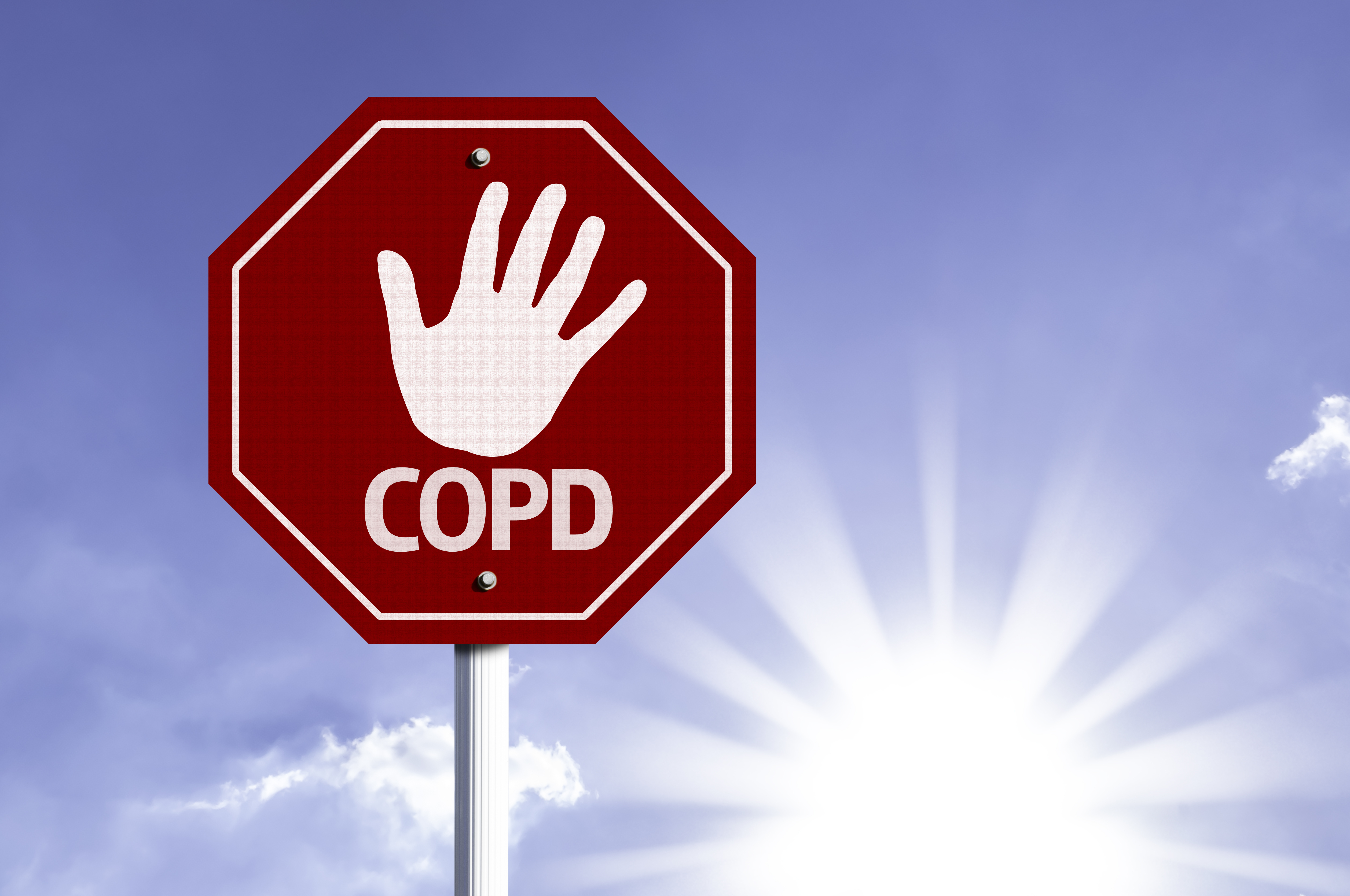 A recent study revealed an inverse correlation between healthy eating habits and the risk of chronic obstructive pulmonary disease (COPD). The study was published in The British Medical Journal and is entitled “Alternate Healthy Eating Index 2010 and risk of chronic obstructive pulmonary disease among US women and men: prospective study.”
A recent study revealed an inverse correlation between healthy eating habits and the risk of chronic obstructive pulmonary disease (COPD). The study was published in The British Medical Journal and is entitled “Alternate Healthy Eating Index 2010 and risk of chronic obstructive pulmonary disease among US women and men: prospective study.”
COPD is one of the most common lung diseases, and is ranked the third major cause of morbidity and mortality worldwide. In the United States it is the third leading cause of death. It is a progressive disease in which individuals develop serious problems with breathing. Smoking is considered to be the leading cause of COPD, however, previous studies have shown up to one-third of COPD patients have never smoked, indicating that other factors must be involved in the development of the disease.
Diet is a possible contributing factor for COPD. It has been reported that a diet rich in antioxidants has a positive effect in lung function, resulting in reduced long-term mortality in COPD patients. On the other hand, a diet rich in processed meat has been reported to have a negative correlation with COPD.
As a measure of the quality of one’s diet, a diet score has been proposed based on scientific knowledge — the Alternate Healthy Eating Index 2010 (AHEI-2010). According to this measure, the ideal diet is characterized by a high intake of whole grains, nuts, polyunsaturated fatty acids, and long chain omega-3 fats; and low intake of refined grains, red/processed meats, and sugar sweetened drinks. Reports have shown numerous positive outcomes of a healthy diet in chronic diseases like cardiovascular diseases, diabetes and cancer, and in obesity and healthy aging.
[adrotate group=”3″]
In this study, a possible association between the AHEI-2010 and the risk of newly-diagnosed COPD was assessed in two large prospective cohorts in the U.S., including participants from both sexes from the Nurses’ Health Study and the Health Professionals Follow-up Study. All participants (with a total of more than 120,000 individuals) completed biennial health questionnaires concerning diet, lifestyle practices, smoking habits, medical history, and newly diagnosed medical conditions.
Researchers found that a higher AHEI-2010 diet score was associated with a lower risk of newly diagnosed COPD in both sexes, emphasizing the importance of a healthy diet in COPD pathogenesis. Interestingly, this inverse association between COPD risk and an AHEI-2010 diet was still observed after taking into account the participants’ smoking habits, suggesting that despite the fact that smoking is a major risk factor for COPD, a healthy diet also plays an important role in keeping the disease at bay.
The team believes that a combination of actions including smoking cessation and the adoption of a healthy diet can be highly beneficial and should be part of interventional programs to prevent COPD and promote lung health.

